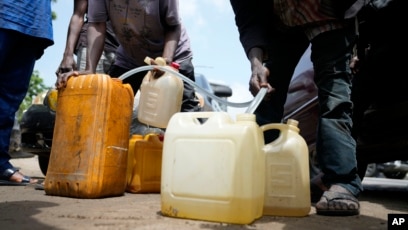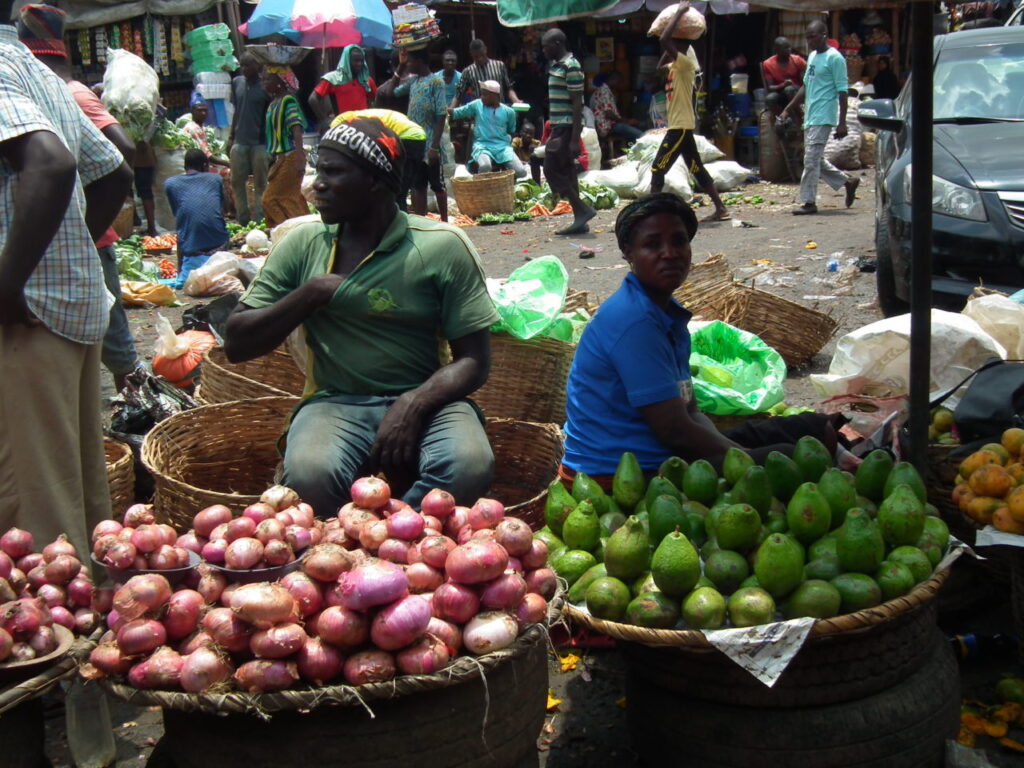Nigeria’s official numbers tell a story of resilience. GDP growth has picked up, foreign reserves are stabilizing, and reforms have strengthened the naira. Yet beneath those hopeful indicators lies another Nigeria — a vast, unregulated, and largely invisible economy that operates in the shadows. It is a system so entrenched and complex that it rivals the formal economy in scale and influence, yet remains conspicuously absent from mainstream policy discussions.
The Size of the Shadow
Though precise figures vary, most experts agree that Nigeria’s shadow or informal economy accounts for roughly half to three-fifths of the country’s total GDP. In practical terms, this means trillions of naira circulate each year outside the tax net, outside regulation, and outside the reach of government statistics.
This shadow activity takes many forms: from the millions of traders in sprawling urban markets who operate without business registration, to smugglers moving subsidized fuel across borders, to underground currency dealers sustaining the parallel foreign exchange market.

Added to that are illicit financial flows — billions of dollars that leave the country each year through money laundering, trade misinvoicing, and capital flight.
When all these elements are combined, Nigeria’s shadow economy easily runs into the tens of billions of dollars annually — money that could otherwise fund schools, hospitals, and infrastructure.
What the Shadow Economy Looks Like
Nigeria’s hidden market is not monolithic. It is a patchwork of different sectors and motivations:
Informal Trade and Services: Millions of small business owners, artisans, and market traders make their living informally. For them, informality isn’t a criminal choice but a survival mechanism. The formal system — with its taxes, registration fees, and bureaucracy — can be too costly or inaccessible.
Fuel Smuggling and Commodity Diversion: The removal of fuel subsidies and volatile price changes have fueled a thriving underground market in petroleum products. Smugglers move fuel across Nigeria’s porous borders, selling it at higher prices in neighboring countries.
Black-Market Forex Trading: Limited access to foreign exchange at official rates has long encouraged the growth of an unofficial currency market. Many businesses and individuals turn to street dealers — the “Aboki FX” system — to bypass restrictive banking procedures or to secure better rates.
Illicit Financial Flows: Beyond the streets, the corporate shadow economy is equally damaging. Through over- and under-invoicing, tax evasion, and offshore transfers, both legitimate companies and criminal networks drain billions of dollars from the economy each year.
Why It Persists
The roots of Nigeria’s shadow economy run deep — economic, social, and political.
Informality as Survival: In a country where formal jobs are scarce, the informal sector is often the only viable option. It employs more than half the workforce and keeps millions of families afloat.
Weak Enforcement and Border Control: Nigeria’s borders are vast and porous, making it easy for smugglers to operate. Limited customs capacity and corruption at checkpoints exacerbate the problem.

Complex Tax and Regulatory Systems: Many small business owners view the formal economy as predatory. Registration and taxation are often perceived as tools of harassment rather than partnership.
Distortionary Incentives: Exchange-rate differentials, fuel subsidies, and other rent-seeking opportunities create incentives for people to exploit informal channels. When official markets fail, shadow markets step in.
Political Complicity: Certain vested interests benefit from the existence of the shadow economy — whether through smuggling networks, preferential access to foreign exchange, or kickbacks from illicit trade.
The Cost to Governance
The shadow economy is not merely a collection of hidden transactions; it is a threat to governance and national development.
Revenue Loss: When so much economic activity goes untaxed, the government’s fiscal base collapses. Billions of dollars that could support education, healthcare, and infrastructure are lost to unrecorded trade.
Institutional Weakness: The normalization of informality undermines trust in public institutions. Citizens see little incentive to pay taxes or comply with rules when elites themselves benefit from loopholes.
Security Risks: Smuggling and black-market operations often overlap with organized crime, financing arms trafficking, human smuggling, and political violence. The shadow economy doesn’t just drain resources — it funds instability.
Finding the Light: Pathways to Reform
Curbing the shadow economy doesn’t mean criminalizing the poor or shutting down small traders. It requires smart, inclusive reforms that make formalization worthwhile and reduce the appeal of illegal activities.
Simplify and Incentivize Formalization: Streamline business registration, lower fees, and create micro-tax regimes for small enterprises. When joining the formal economy brings tangible benefits — like access to loans, insurance, and government contracts — people will opt in voluntarily.
Digitize and Modernize Payments: Expanding mobile money and digital ID systems can bring informal workers into the financial ecosystem. Transparency in transactions limits leakages and helps the government track revenue flows.
Crack Down on Illicit Financial Flows: Strengthen customs systems, enforce beneficial ownership disclosure, and collaborate internationally to track money laundering and trade misinvoicing.
Rationalize Economic Incentives: Eliminating price distortions, unifying foreign exchange markets, and ensuring fair competition will reduce the profit motive behind smuggling and arbitrage.
Protect the Vulnerable: Reforms must be paired with social safety nets — cash transfers, subsidies, and job programs — to cushion the impact on the poor, who are often the most dependent on informal livelihoods.
The Bigger Picture
The shadow economy thrives where the state is weak and citizens see little benefit in compliance. To dismantle it, Nigeria must rebuild trust in governance — by showing that taxes translate into services, that laws apply equally to all, and that prosperity in the formal economy is achievable.
As Nigeria enters the latter half of the decade, the challenge is no longer to “crack down” on informality, but to transform it. The goal should be to make formal participation easier, safer, and more profitable than staying hidden.
The stakes are immense. The billions circulating in the shadows could transform public infrastructure, education, and healthcare. But that will only happen if policymakers stop treating the informal and illicit economies as inevitable — and start seeing them as frontiers for reform, innovation, and inclusion.
The black market that nobody talks about is, in fact, the mirror of Nigeria’s governance. Bringing it into the light is not just an economic imperative — it is the foundation of the nation’s social contract.


